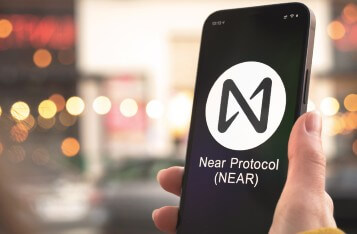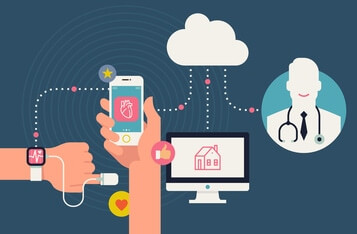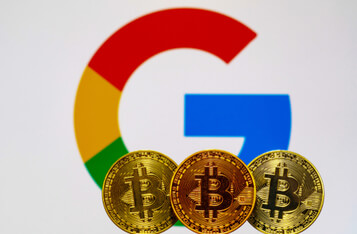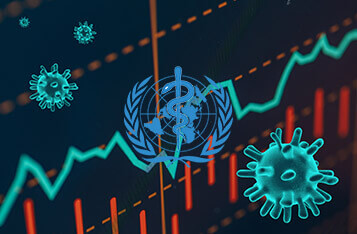Search Results for "financial health"
NEAR Foundation Announces 40% Workforce Reduction in Strategic Realignment
The NEAR Foundation has announced a 40% reduction in its workforce, impacting 35 team members, as part of a strategic realignment to focus on high-impact activities and further decentralize the ecosystem. Despite this change, the Foundation maintains strong financial health and a commitment to advancing key areas in the Web3 space.
UAE Health Authorities Launch Blockchain-Based Platform for Verifying Health Data Validity and Reliability
The United Arab Emirates (UAE) Ministry of Health and Prevention (MoHAP), the Ministry of Presidential Affairs, Dubai Healthcare City and other authorities have come together to launch a blockchain-based system for health data storage.
Digital Health Funding on Track for Another Stellar Year
Despite simmering down after a sizzling first half, digital health funding remains near all-time highs, according to Rock Health. Startups in the space are reportedly on track to raise an estimated $7.3 billion this year, a billion short of 2018’s $8.3 billion but more than double that of 2017’s.
UAE’s Ministry of Health and Prevention Instigates First-Ever Blockchain Network
The Ministry of Health and Prevention in the UAE has launched a blockchain-based system aiming to boost productivity among health practitioners by reducing time and costs.
American Health Firm Enhances Medical Record Transparency with Blockchain
For the next 3 years, American Health Insurance Company Anthem is reported to be adding blockchain technology to store and share medical history for its 40 million-plus consumer base.
Blockchain Can Make Patients Profit From Personal Health Data
Jim Nasr, a healthtech expert who is the Vice President of Technology and Innovation at Certara, has forecasted that blockchain could assist patients own, share, and monetize their own health data.
Deepak Chopra Partners with Hedera Hashgraph to Leverage Blockchain for COVID-19 Mental Health Support
Renown Indian-American author Deepak Chopra discussed how blockchain technology could help in improving mental health during the current pandemic crisis.
Singapore Employs Blockchain-Enabled Digital Health Passport for Enhanced Medical Data Management
The Singaporean administration teamed up with a local startup to establish a blockchain-powered digital health passport to boost medical records management.
Blockchain Solution in Healthcare: Google Secretly Collects Health Data From U.S Patients
Blockchain provides a fourth model that can enable secure sharing of lifetime health data across providers and business partners. The use of blockchain is a potential solution to the case associating Google to have reportedly collected medical data from U.S patients in secret.
Blockchain May Jeopardize London’s Financial and Tax Collection Systems, Proclaims John Straw
John Straw, a senior advisor to IBM and McKinsey, has warned that blockchain could render the financial service sector in London irrelevant. He also noted that the city’s banks could be destroyed, making the collection of corporate and personal taxes cumbersome.
Blockchain Against Corona: How the World Health Organization Uses DLT Compared to the Rest of the Globe
With disruptive technology including blockchain being continuously deployed to tackle the coronavirus COVID-19 pandemic, the World Health Organization (WHO) has chosen to partner with leading technology and blockchain companies to build a distributed ledger technology-based platform to share data.
Insurance Firms in China and Hong Kong Count on Blockchain to Fast Track Coronavirus Claims Amid Outbreak
Xiang Hu Bao, an online mutual aid platform, a subsidiary of Ant Financial, is a “collective claims-sharing mechanism built on blockchain that offers basic health plans to its 104 million participants.” Most of its users are Chinese citizens from lower-tier cities, and in rural areas. By utilizing blockchain technology, settlements have been made more efficient, and fraudulent claims have been reduced.












